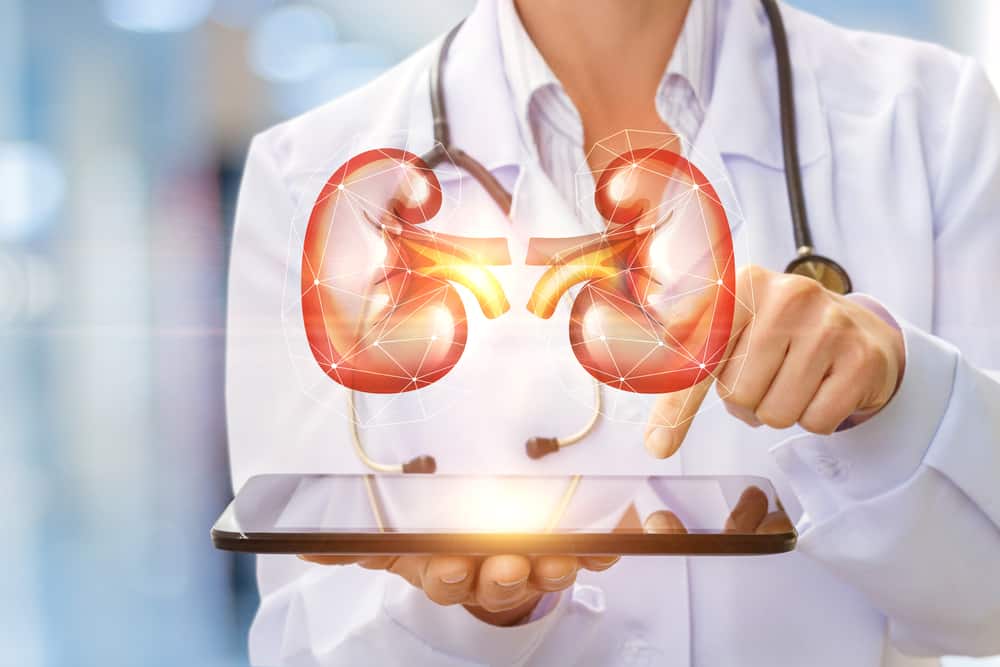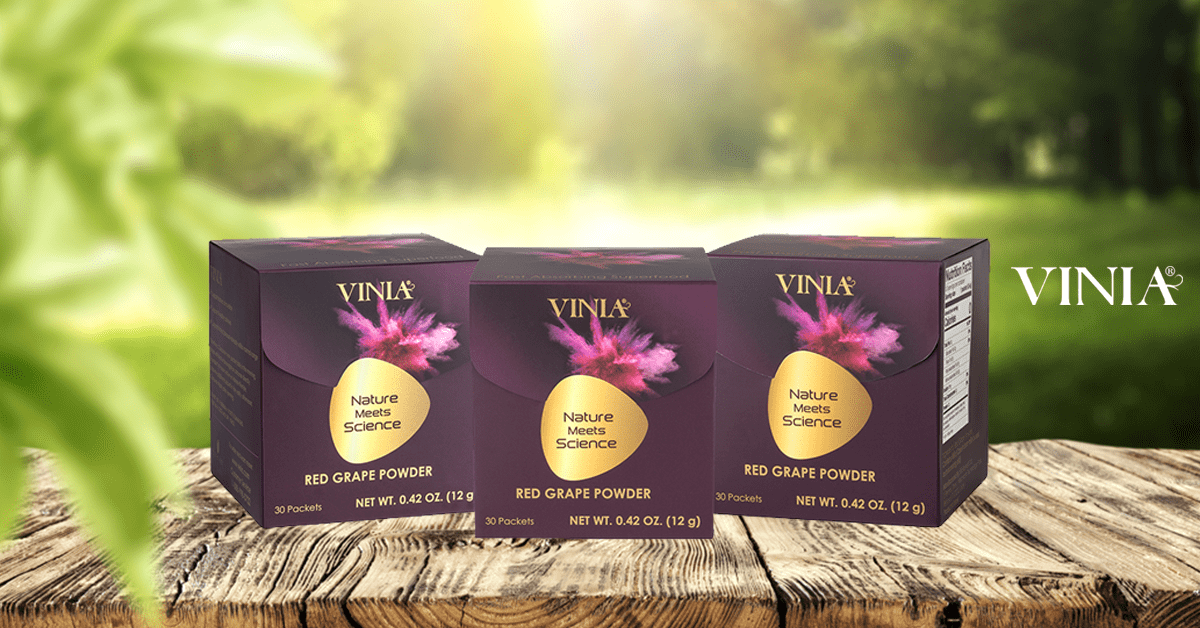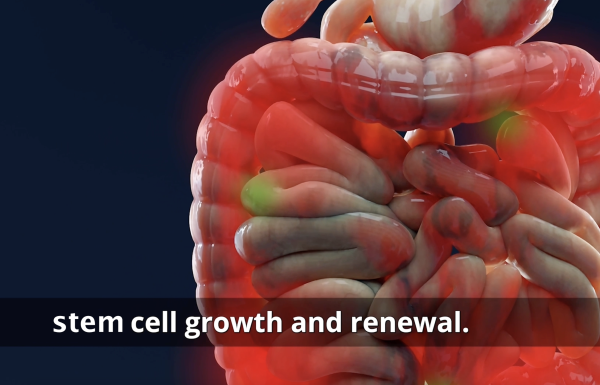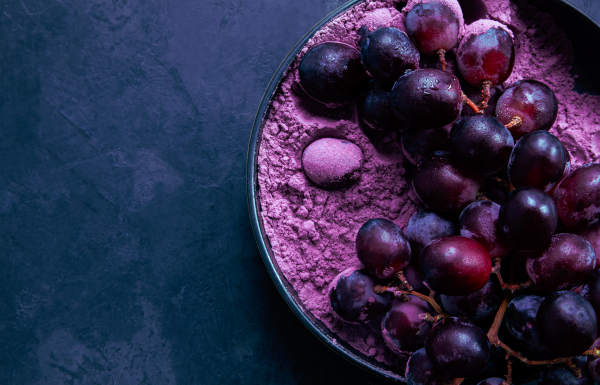High blood pressure can damage blood vessels in the kidneys, reducing their ability to function properly. When the force of blood flow is high, blood vessels stretch so blood flows more easily. Eventually, this stretching scars and weakens blood vessels throughout the body, including those in the kidneys.
The kidneys are two bean-shaped organs, located just below the rib cage, one on each side of the spine. Every day our kidneys filter about 120 to 150 litres of blood to produce about 1 to 2 litres of urine. The kidney however, is not one large filter. The Kidneys work at the microscopic level. Each kidney is made up of about a million filtering units called nephrons. Each nephron filters a small amount of blood. The nephron is made up of the glomerulus and tubule. The nephrons work through a two- step process. The glomerulus lets fluid and waste products pass through it; however, it prevents blood cells and large molecules, mostly proteins, from passing through it. The filtered fluid then passes through the tubule, which sends needed minerals back to the bloodstream and removes wastes. The final product becomes urine.
How can High blood pressure affect the kidneys?
Blood pressure is the force of blood pushing against arterial walls as the heart pumps out blood. High blood pressure, also called hypertension, is an increase in the amount of force that blood places on arteries as it moves through the body. One of the reasons that blood pressure can increase leading to hypertension is higher blood volume due to extra fluid in the blood other reasons are stiff, narrow or clogged arteries.
High blood pressure can damage blood vessels in the kidneys, reducing their ability to function properly. When the force of blood flow is high, blood vessels stretch so blood flows more easily. Eventually, this stretching scars and weakens blood vessels throughout the body, including those in the kidneys. If the kidneys’ blood vessels are damaged, they may stop removing wastes and extra fluid from the body. Extra fluid in the blood vessels may then raise blood pressure even more, creating a dangerous cycle. Hypertension or high blood pressure is the second leading cause of kidney failure in the United States after diabetes. In fact the rate of kidney failure caused by high blood pressure increased by almost 8% from 2000 to 2010.
What are the symptoms of high blood pressure and kidney disease?
Most people with high blood pressure do not have symptoms. In rare cases, high blood pressure can cause headaches. In its early stages, Kidney disease also does not have symptoms. A person may have swelling called oedema, which happens when the kidneys cannot get rid of extra fluid and salt in a person’s system. Oedema can occur in the legs, feet, or ankles and less often in the hands or face.
Once kidney function deteriorates further, symptoms can include;
- Loss of appetite
- Nausea
- Vomiting
- Drowsiness or feeling tired
- Trouble concentrating
- Sleep problems
- Increased or decreased urination
- Generalised itching or numbness
- Dry skin
- Headaches
- Weight loss
- Darkened skin
- Muscle cramps
- Shortness of breath
- Chest pain
How can we prevent or slow the progression of kidney disease from high blood pressure? The best way to slow or prevent kidney disease from high blood pressure is to take steps to lower blood pressure. Regular exercise, healthy diet, healthy body weight are important to maintaining healthy blood pressure. Reducing the amount of sodium and caffeine in your diet as well as quitting smoking also play an important role in maintaining a health cardiovascular system.
Recent studies have indicated that drinking wine can also have a positive effect on maintaining healthy blood pressure levels. This is often referred to as the “French paradox”. The French have a diet that is high in saturated fats but do not seem to suffer from as many high blood pressure related illnesses associated with a diet rich in saturated fats. This has been attributed to the polyphenols found in grapes that have a known positive effect in maintaining healthy blood circulation and blood pressure. However, the sugar and alcohol content of wine come with their own risks.
In recent years ‘super-foods’ have become quite popular. These foods usually come in the form of a powder containing the same polyphenols found in grapes. The powder can be added to any drink or food and consumed regularly, even on a daily basis without the negative effects associated with alcohol and sugar. It is a practical and effective solution for people who are not accustomed to or want to drink wine but strive to live healthy.
One such superfood is VINIA. With over a decade of research to support its claims, one sachet of VINIA® per day contains antioxidants and polyphenols (40 mg), including resveratrol (5 mg) to support heart health and promote healthy blood circulation. This is equivalent to receiving the benefits of drinking one bottle of red wine or eating 1,000 grapes, without the sugar or alcohol.
VINIA helps
• Improve blood circulation
• Keep arteries flexible
• maintain blood pressure already within normal range
• Fuels antioxidant activity in blood vessels and arteries







